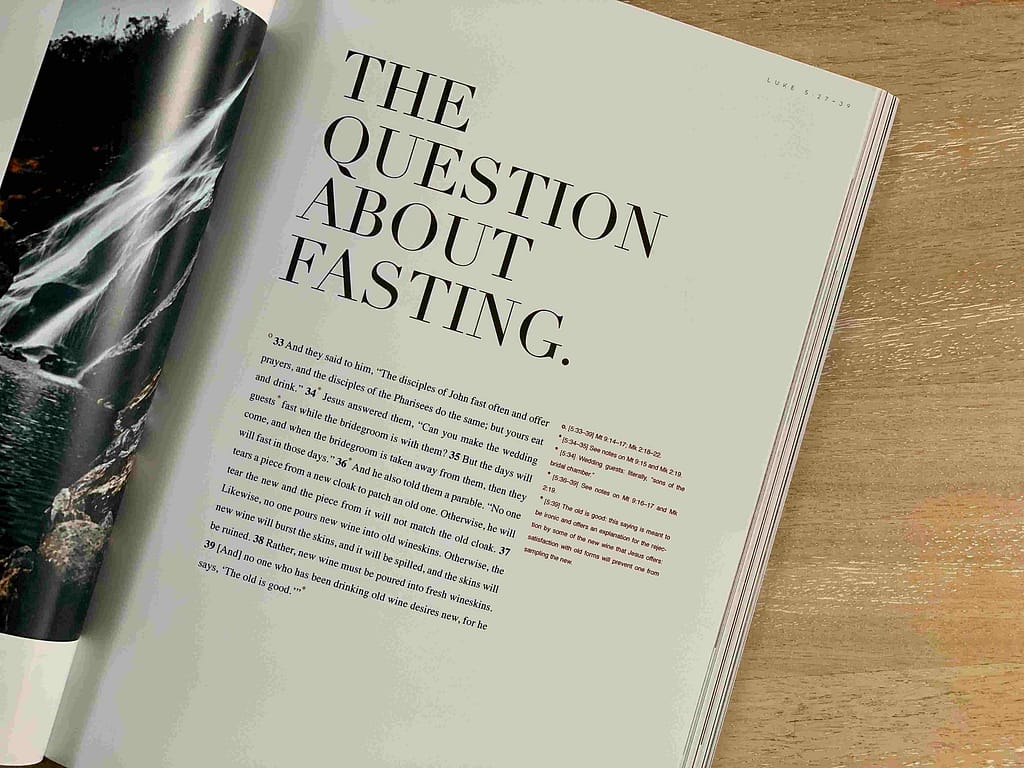When someone fasts, they refrain entirely or partially from eating and drinking for a set amount of time. Fasting has been practised for millennia and is regarded as one of the oldest medical treatments, despite being made popular by the modern diet industry. With all major religions engaging in it in some capacity, it plays a central role in cultural and religious practises.
Some people use fasting as a weight loss strategy. Some people fast for religious or body-cleansing purposes. You might want to rethink fasting if your goal is to reduce weight. After you break your fast, the weight loss might not continue. You should be aware that your body naturally detoxes itself if one of your goals is to cleanse it.
Not all fasting diets are the same. Some only permit liquids like juice, water, or tea. Others drastically reduce calories without completely eliminating food. You may also fast every other day depending on your goal.
In this story, we will help you to get a clear sense of why, how and when we should fast and what are its subsequent effects.
Different types of Fasting

Calorie-limiting fasting:
Calorie restriction fasts are the most fundamental kind of fast. When the word “fasting” is used, the majority of people immediately picture this. Simply said, it involves going without eating for a set amount of time. Usually, these fasts last between 18 and 48 hours. Make sure the person fasting has ingested enough calories in the days leading up to the fast in order to employ this sort of fast efficiently. Pick a day, eat dinner early, and observe the fast for the specified amount of time. To sustain the fasted state, simply drink water throughout the fast and keep activity levels low.
Macro-Nutrient controlled fasting:
One of the three macronutrients—proteins, carbs, and fats—is restricted during this kind of fast. These fasts are often protein deloads. These kinds of fasts are most effective for athletes whose bodies are constantly under stress and who have greater protein requirements. For 1-2 days per month during this sort of fast, the athlete will only eat superior fats, complex carbs, and well-cooked veggies. The decrease in protein intake will give the intestines a rest and enable healing. Remember that it’s still crucial to ensure that they engage in very little activity during this time.
Seasonal Fasting:
The third kind of fast is really seasonal eating rather than a true fast. For this kind of fast, we must go back to the prehistoric era and consider how our food supply would have varied depending on the season. Winter was the season for eating fattier meats and tubers, whereas summer was the season for eating fruits and leaner meats. Eat only what would ordinarily be available at that time of year if you want to eat seasonally. Although we have excellent access to food now, most societies at northern latitudes wouldn’t have ripe bananas in January. Seasonal eating adheres to the idea of personalised nutrition by discovering what suits you the best.
Amazing health benefits of fasting

Reduces insulin resistance to help with blood sugar regulation.
Your body’s sensitivity to insulin can rise with decreased insulin resistance, enabling your body to get glucose from your circulation to your cells more quickly.
This might help maintain your blood sugar steadily, reducing spikes and crashes in your blood sugar levels, when combined with the possible blood sugar-lowering benefits of fasting.
Improves health by combating inflammation
Chronic inflammation can have major negative effects on your health, although acute inflammation is a natural immune response used to help fight off infections.
Fasting may help cure inflammatory diseases like multiple sclerosis by lowering many inflammatory markers.
Enhanced heart health
According to estimates, heart disease causes 31.5% of fatalities worldwide, making it the top cause of mortality.
Fasting may help decrease blood pressure, triglycerides, and cholesterol levels and has been linked to a lower risk of coronary heart disease.
Improve brain function
Numerous studies have discovered that fasting might have a significant impact on brain health, despite the fact that the majority of the research is conducted on animals.
Fasting might help prevent neurological diseases since it may also reduce inflammation.
According to research conducted on animals, fasting may boost brain activity, enhance the production of new nerve cells, and offer protection from neurodegenerative diseases like Parkinson’s and Alzheimer’s.
Supports weight loss
Theoretically, limiting your intake of all or certain meals and drinks should lower your overall caloric intake, which can accelerate your weight reduction over time.
In fact, the research found that over the course of 12 to 24 weeks, whole-day fasting might considerably lower body fat and reduce body weight by up to 9%.
Fasting may boost metabolism and aid in shedding pounds and body fat.
Increases growth hormone
Since some research has shown that insulin can affect the secretion of HGH, fasting may help maintain steady blood sugar and insulin levels throughout the day, which may further optimise levels of HGH.
Human growth hormone (HGH), a crucial protein hormone that affects development, metabolism, weight reduction, and muscular strength, has been shown in studies to rise when fasting.
How long should you do fasting?

The optimum time to fast depends on the individual, as is the case with most diet and health-related decisions. There isn’t a set period of time that is universally the best for everyone to fast.
The length of your fast will depend on your personal circumstances.
Others are better served by more modest fasting periods of 14 to 18 hours. Some people do quite well fasting for 20 to 24 hours every day.
In order to figure out how long you should fast, the best method is to experiment with various fasting lengths, note how you feel and how your body reacts, and then figure out where the “sweet spot” for ideal fasting time tends to lay.
It’s also important to note that the ideal fasting period for you might vary over time and depending on the circumstances.
If you are on an intermittent fasting diet, for instance, you could have a longer optimum fasting period on days when you don’t exercise than you do on days when you do.
If you are adequately fueled before and after your exercises, you will perform better and recover more quickly.
For instance, if you had a bad night’s sleep, felt like you were getting sick of some kind, were under a lot of stress, or were concurrently following a diet and intermittent fasting that significantly changes your macronutrient ratios, like carb cycling, your ideal fasting period would be the following day.
What to avoid when fasting?

Unless they are engaging in a modified fast, like the 5:2 diet, the majority of individuals should consume little to no calories while they are fasting.
Since water has no calories, one may consume as much of it as they like while fasting. Water doesn’t have any calories, whether it’s still or sparkling. Additionally, even though flavoured water may not contain any calories, consumers may want to read the nutrition label before buying or consuming the beverage.
Per cup, black coffee has extremely few calories. As an appetite suppressant, caffeine may make it simpler for someone to maintain a fast. Some teas, like green tea, can make you feel more satisfied and curb your appetite.









